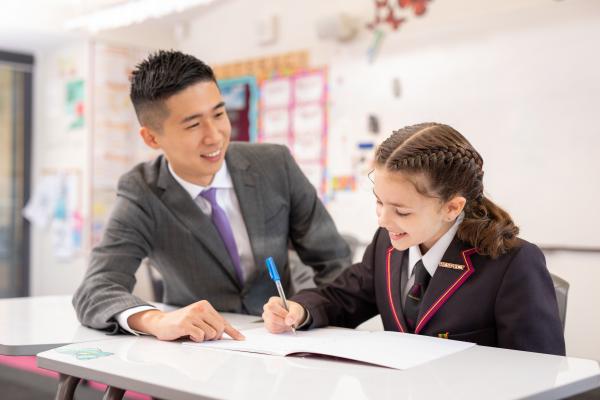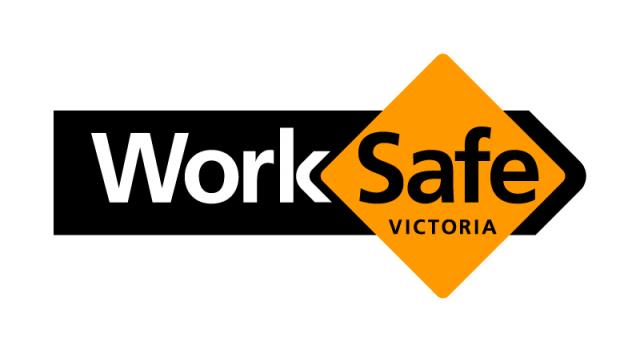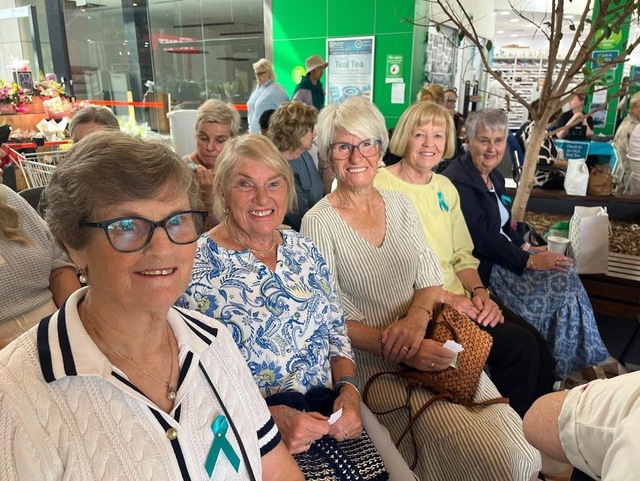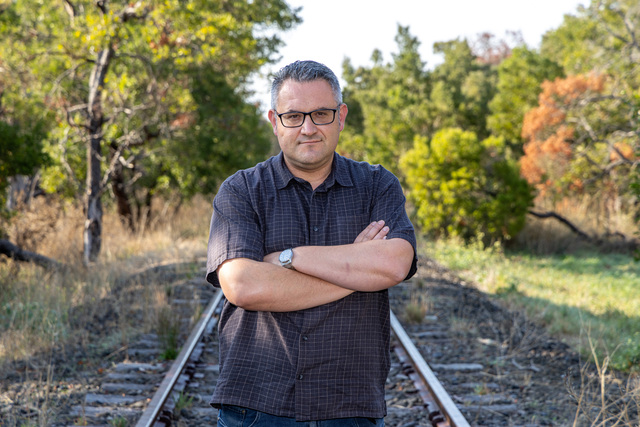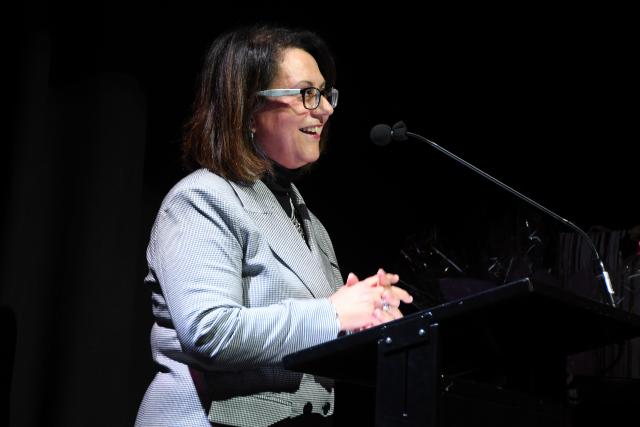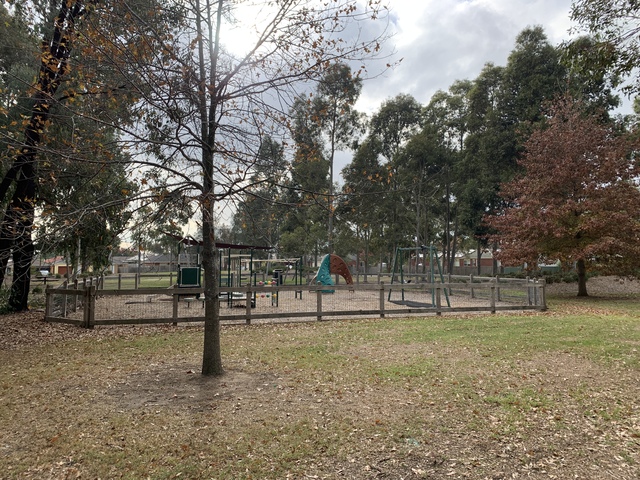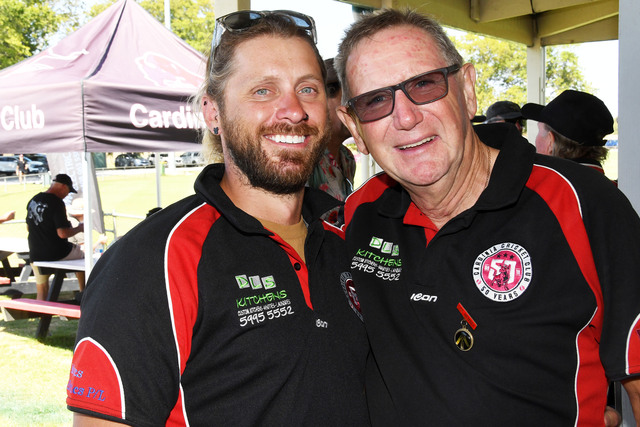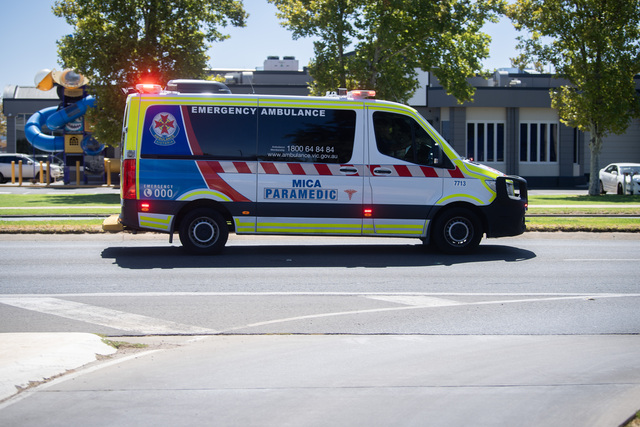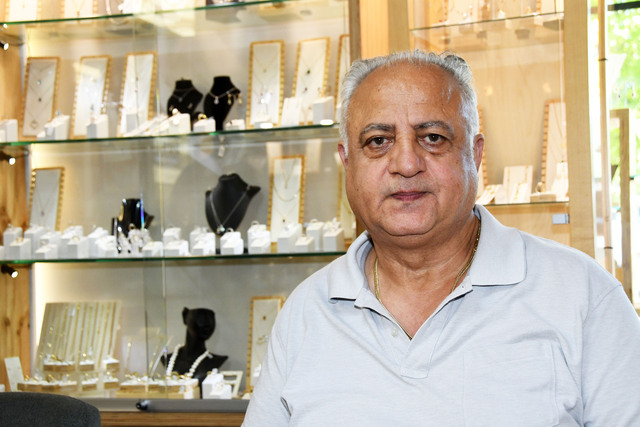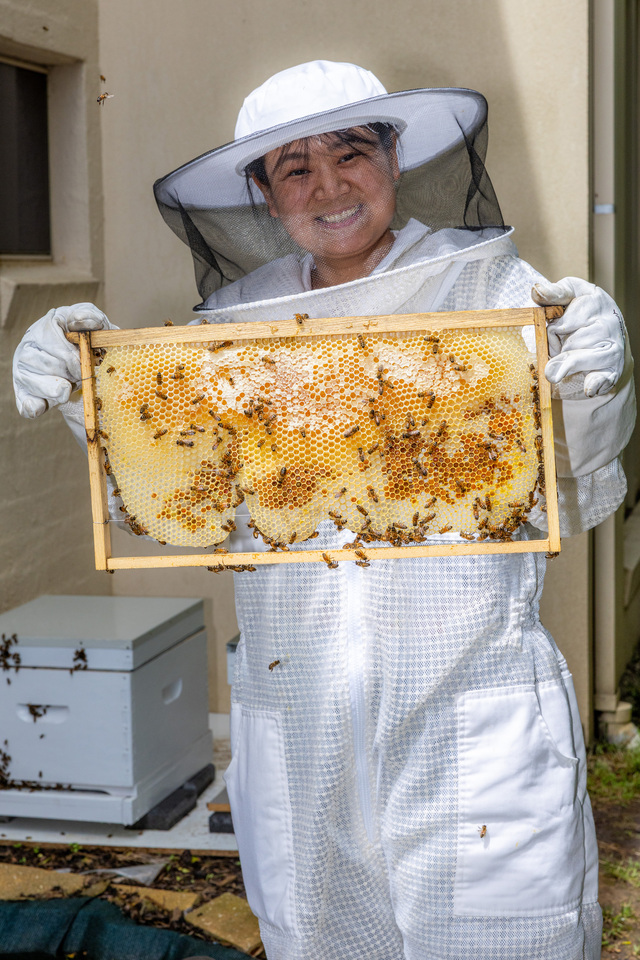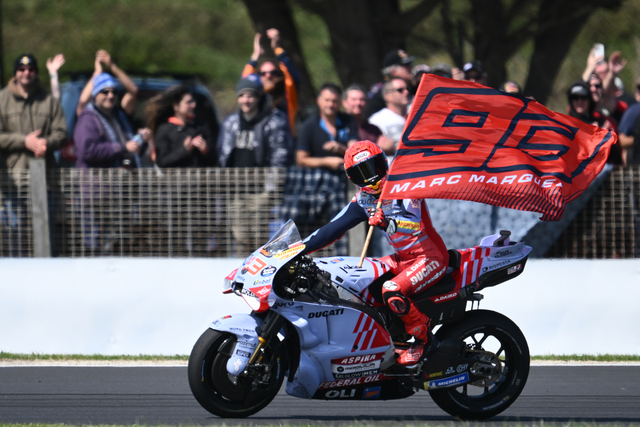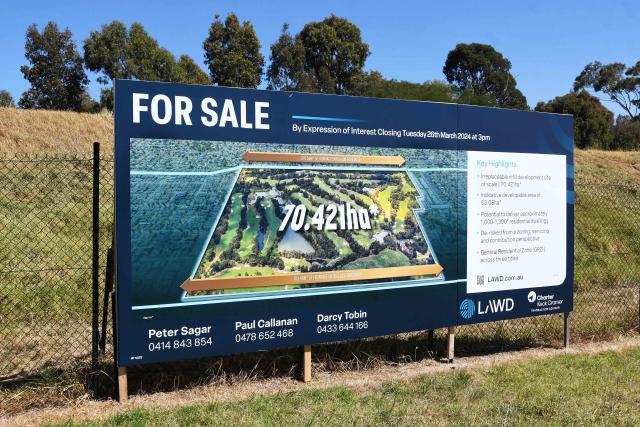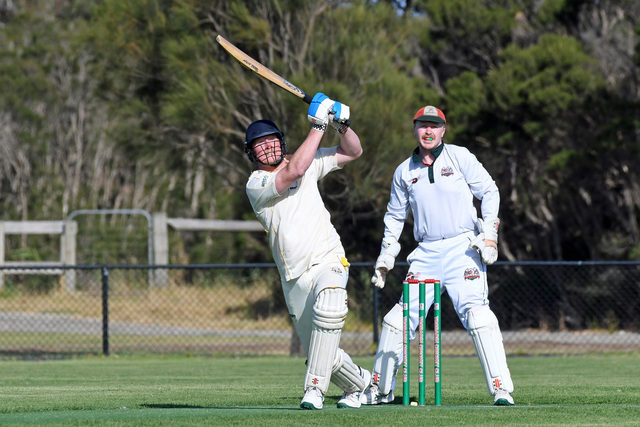Remaining at the forefront of educational thinking is vital for schools that want to deliver the skills students need today, tomorrow and in the months and years ahead.
A report from the University of Melbourne last year emphasised that the way in which students are assessed is an essential part of this process and must evolve to ‘future-proof’ students and prepare them for the 21st-century workplace.
Haileybury has been focusing on student assessment and feedback for some time, says Sabine Partington, head of teaching and learning (senior school). She says ensuring that assessments are designed to improve learning and provide students with detailed and useful feedback are key.
“Any assessment should have the student in mind above all else,” says Ms Partington.
“It has to improve student learning and provide information about where a student is at. Assessment is an end point but also a starting point, because it identifies the next key element of learning that needs to happen to make progress.”
Creative learning and teaching are also fundamental and should begin within the school’s early learning centres. By the time children transition to junior school, core literacy and numeracy skills should be embedded. During the middle years, Haileybury encourages students to broaden their analytical and problem-solving skills and a broad VCE program in the senior years helps every student find their niche.
“Teachers who are experts in their field, an expansive co-curricular program and an unrivalled pastoral care program are also key elements of a quality school,” says Haileybury chief executive officer and principal, Derek Scott.
“A strong social education program also helps students fulfil their potential and supports individual resilience and the development of independent, motivated and self-assured learners.”

